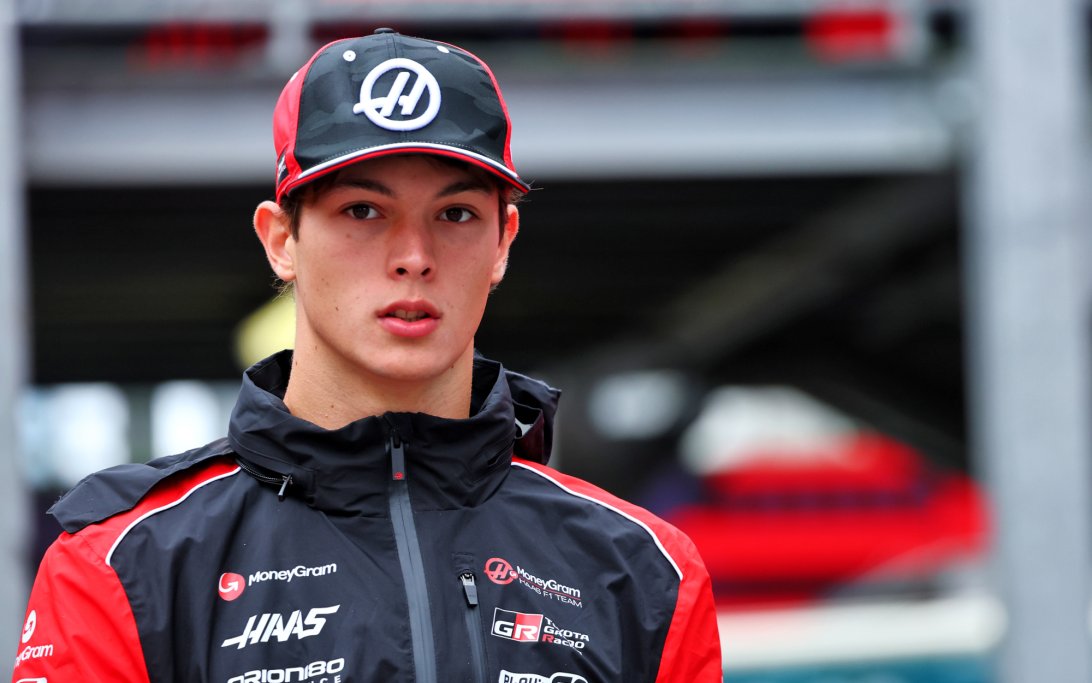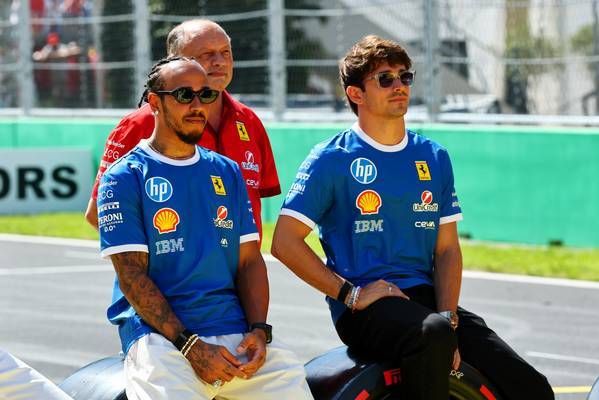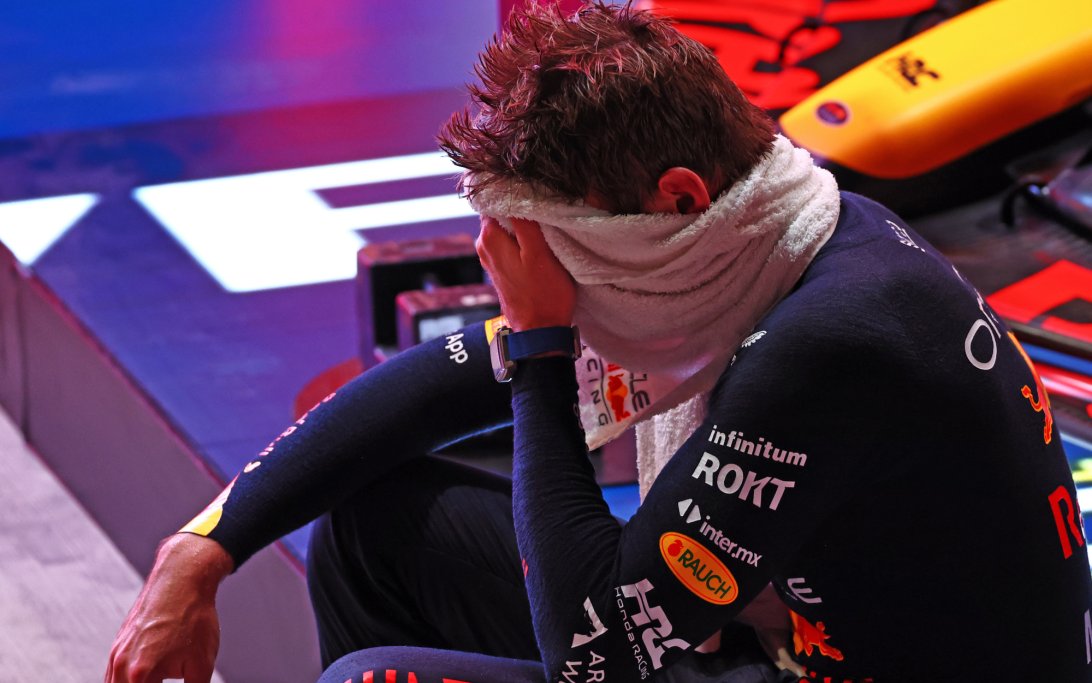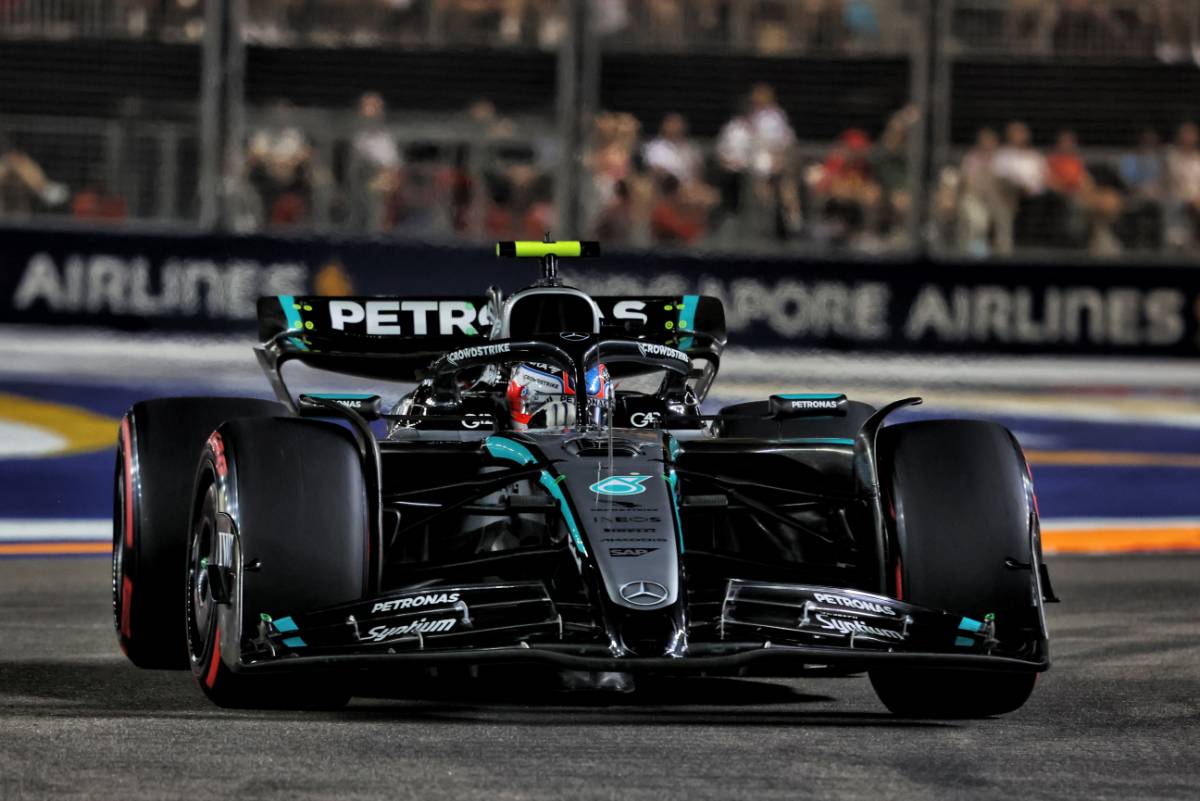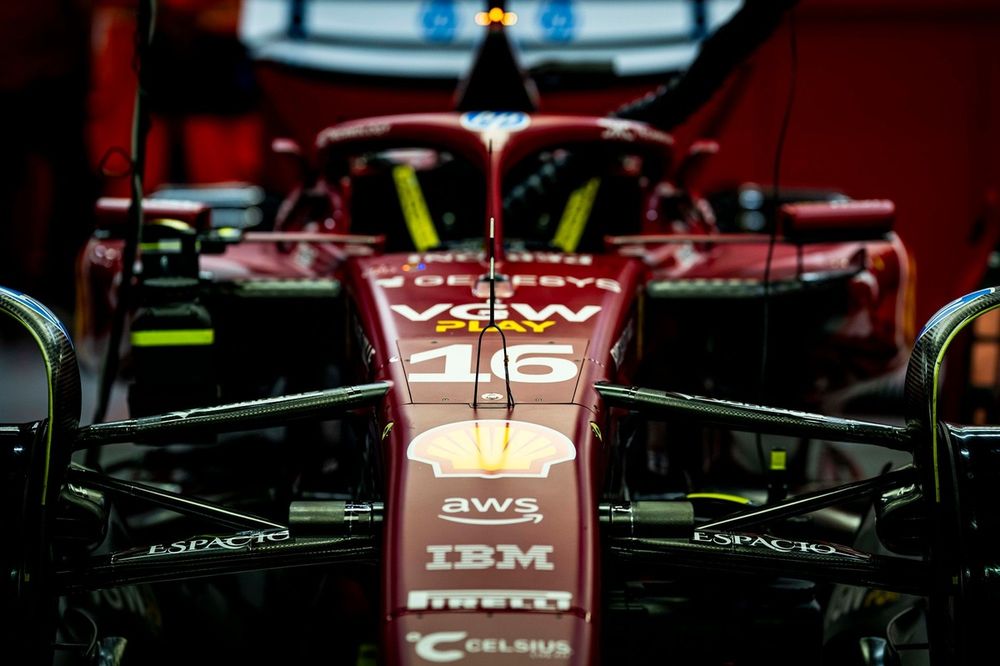
Verstappen's Mind Games and McLaren's Intra-Team Rivalry in Singapore
Summary
The Singapore Grand Prix was a hotbed of F1 drama, from Max Verstappen's rare struggles and Mercedes' inconsistent pace to the fierce internal rivalry at McLaren. This race highlighted critical championship battles, driver endurance challenges, and the strategic complexities shaping the latter half of the season.
The Singapore Grand Prix delivered a captivating mix of challenges and controversies, leaving fans with plenty to discuss. Max Verstappen's uncharacteristic weekend, Mercedes' fluctuating performance, and the intensifying rivalry within McLaren were among the most prominent talking points.
Why it matters:
- The Singapore Grand Prix, often a wildcard event, once again delivered an unpredictable narrative that highlighted critical team and driver dynamics. Understanding these nuances is crucial for appreciating the evolving F1 landscape.
- Verstappen's struggles and Mercedes' performance inconsistencies reveal deeper strategic and technical challenges at play, impacting the championship's overall momentum.
- The McLaren rivalry underscores the delicate balance between team success and individual ambition, a theme that often defines a season's latter half.
The Details:
- Max Verstappen's Mixed Weekend: Despite Red Bull's dominant season, Verstappen faced a challenging Singapore GP. His struggles, particularly in qualifying, raised questions about Red Bull's adaptability to street circuits and the effectiveness of their car in varying conditions.
- Mercedes' Mystery Pace: Mercedes showcased flashes of brilliance mixed with perplexing drops in performance. This inconsistency makes it difficult to gauge their true pace and championship threat, keeping rivals and fans guessing.
- McLaren's Intra-Team Rivalry: The battle between Lando Norris and Oscar Piastri intensified. Their on-track exchanges and strategic decisions highlighted the fine line between competitive driving and potential team conflict. This dynamic is set to play a significant role in the Constructors' Championship battle.
- Lewis Hamilton's Late Penalty: Hamilton's penalty added another layer of complexity to an already chaotic race. Such incidents often bring into focus the stringent regulations and their impact on race outcomes.
- Driver Hydration in Singapore: The extreme humidity of Singapore prompts significant discussion about driver physiology and endurance. F1 drivers consume substantial amounts of fluids to combat dehydration, a critical factor for maintaining performance.
The Big Picture:
- The Constructors' Championship battle for 2nd, 3rd, and 4th is heating up. Teams like Mercedes, Ferrari, and McLaren are locked in a fierce contest, where every point is vital. The Singapore GP results further complicated these standings, ensuring an exciting end to the season.
- The 'papaya rules' at McLaren, seemingly designed to manage intra-team competition, were tested in Singapore. The aggressive racing between Norris and Piastri suggests that these protocols are either being pushed to their limits or are proving ineffective in the heat of battle.
What's Next:
- The remainder of the season will likely see continued strategic plays and potential clashes, especially within teams vying for top positions. The McLaren situation, in particular, will be closely watched.
- Teams will be analyzing the data from Singapore to address weaknesses and capitalize on strengths, setting the stage for more intense racing in the upcoming rounds. The fight for constructor positions promises to be a nail-biter until the final race.
Original Article :https://racingnews365.com/verstappen-mind-games-as-mclaren-papaya-rules-die


